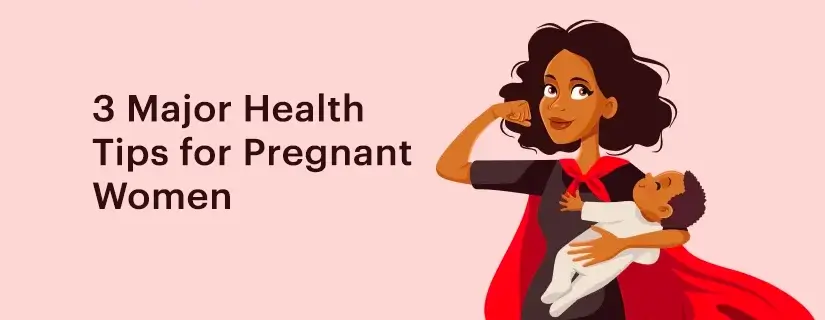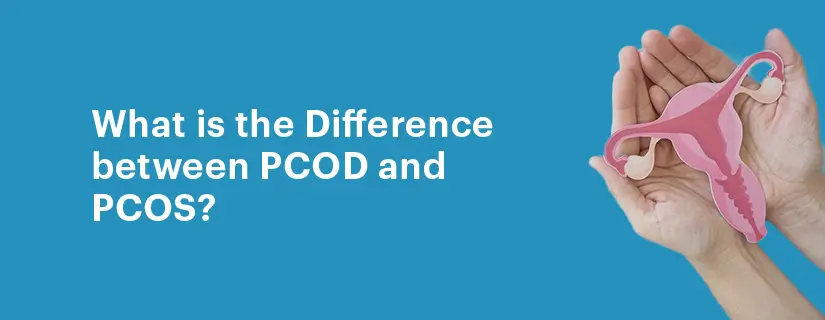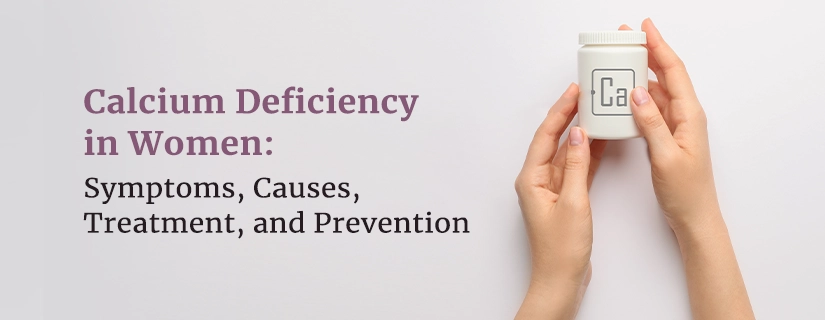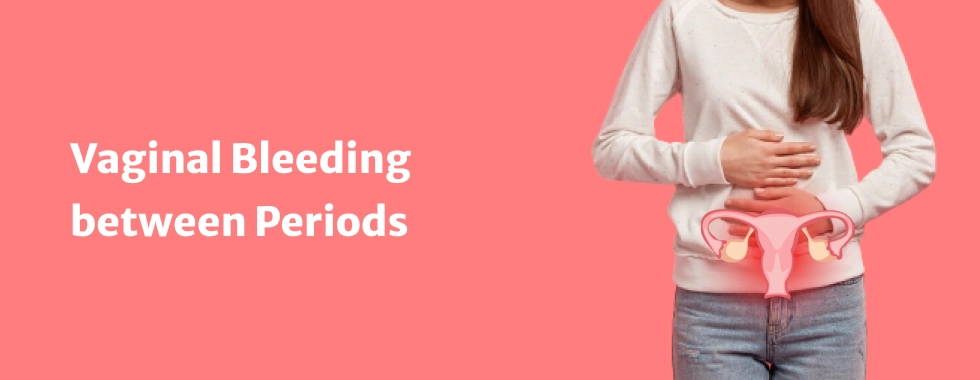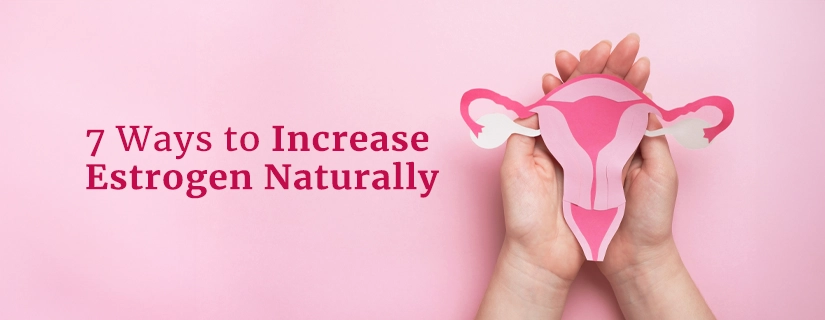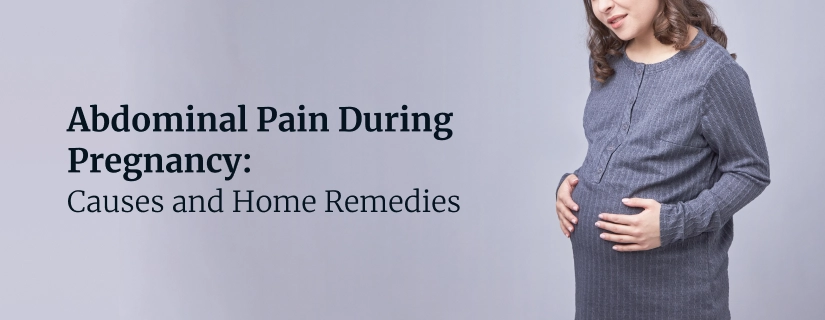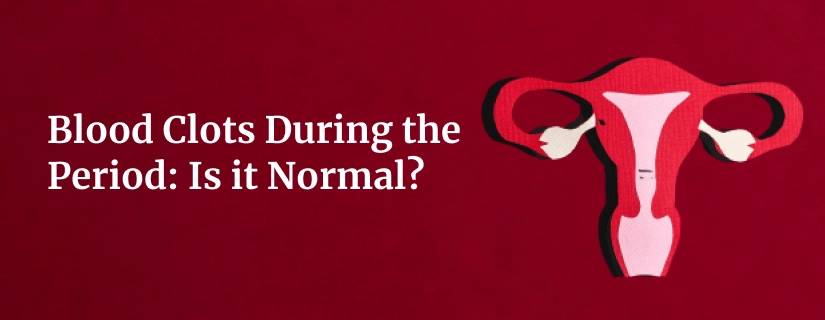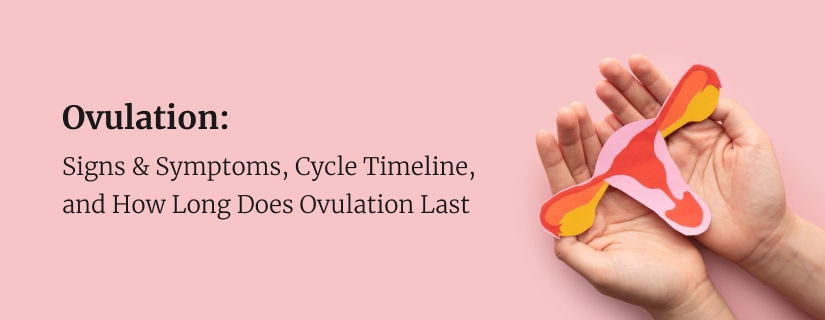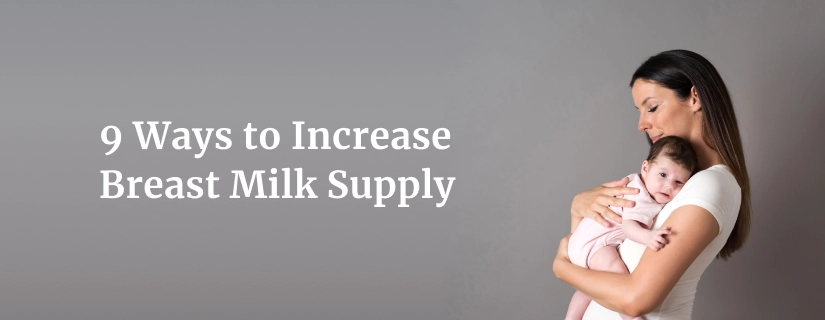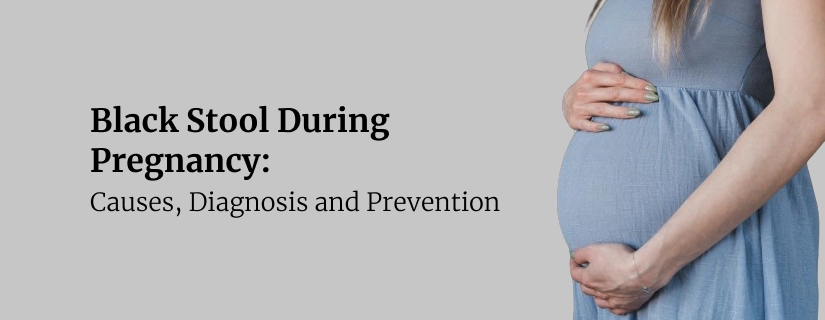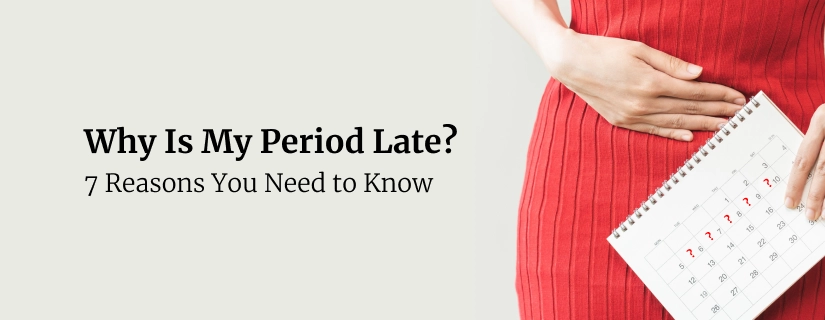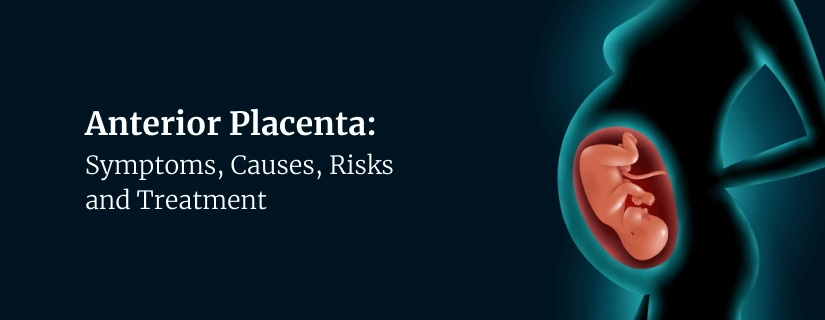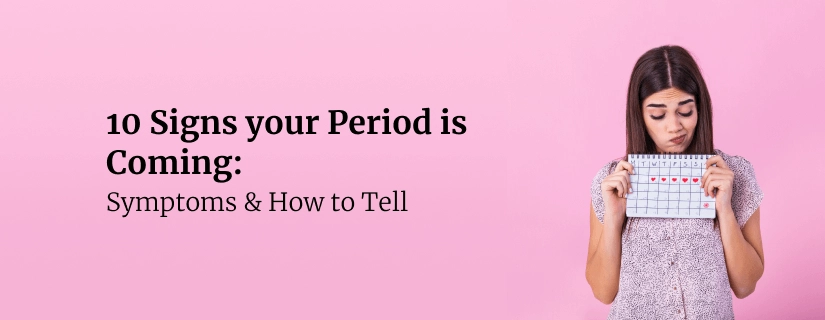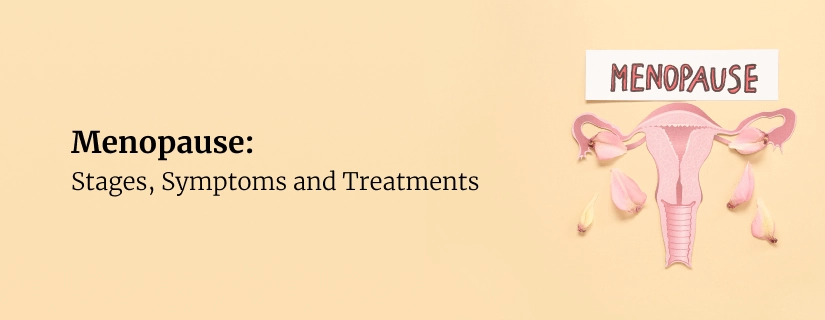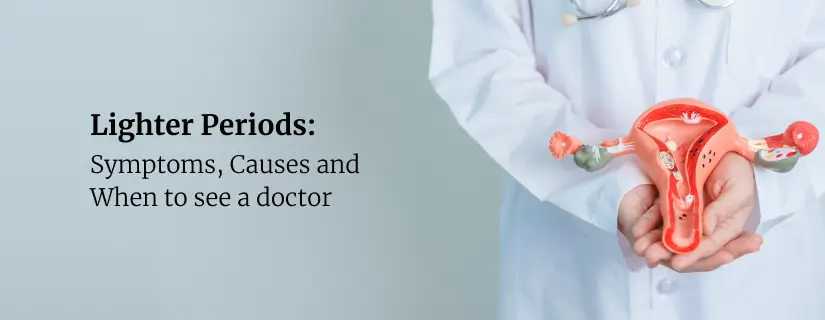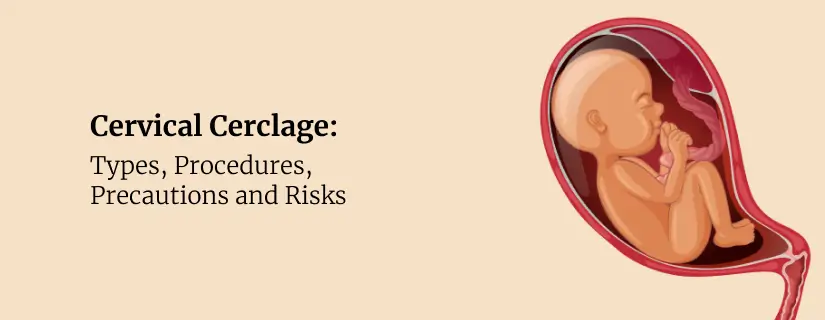-
Doctors
-
Specialities & Treatments
Centre of Excellence
Specialties
Treatments and Procedures
Hospitals & Directions HyderabadCARE Hospitals, Banjara Hills CARE Outpatient Centre, Banjara Hills CARE Hospitals, HITEC City CARE Hospitals, Nampally Gurunanak CARE Hospitals, Musheerabad CARE Hospitals Outpatient Centre, HITEC City CARE Hospitals, Malakpet
HyderabadCARE Hospitals, Banjara Hills CARE Outpatient Centre, Banjara Hills CARE Hospitals, HITEC City CARE Hospitals, Nampally Gurunanak CARE Hospitals, Musheerabad CARE Hospitals Outpatient Centre, HITEC City CARE Hospitals, Malakpet Raipur
Raipur
 Bhubaneswar
Bhubaneswar Visakhapatnam
Visakhapatnam
 Nagpur
Nagpur
 Indore
Indore
 Chh. Sambhajinagar
Chh. SambhajinagarClinics & Medical Centers
Book an AppointmentContact Us
Online Lab Reports
Book an Appointment
Consult Super-Specialist Doctors at CARE Hospitals
Pregnancy Test: How Do They Work and When to Take?
Updated on 14 December 2023
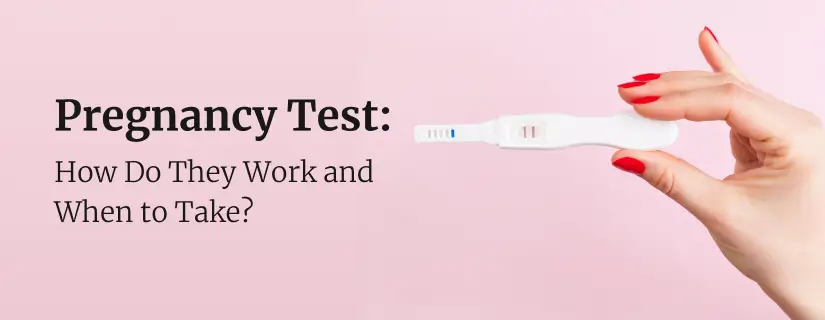
A pregnancy test is one method for determining whether or not someone is pregnant. Pregnancy tests can reap either positive (pregnant) or negative (not pregnant) results. The hormone, called "human Chorionic Gonadotropin" or hCG, is produced by the body when a woman becomes pregnant and is the basis for how pregnancy tests function. Taking a pregnancy test is a safe and effective way to find out if you are pregnant. But before taking the test, there are a lot of things to think about, such as when it would be best to take it and what kind of test we should take.
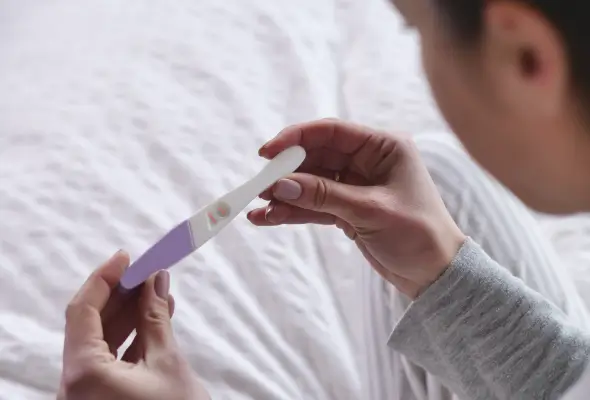
When Should I Take a Pregnancy Test?
The ideal period to take a pregnancy test depends on several factors, including the menstrual cycle regularity and the sensitivity of the test one is using. Generally, most home pregnancy tests are most accurate when taken on the first day of a missed period. It is because the human chorionic gonadotropin hormone, which is produced during pregnancy, reaches detectable levels in the urine around ten days after ovulation. If a woman has a regular menstrual cycle, waiting until the first day of a missed period will ensure that hCG levels are high enough to be detected by most tests.
However, someone who has an irregular menstrual cycle or has experienced symptoms of early pregnancy may want to consider a pregnancy test earlier. Some highly sensitive tests can detect hCG as early as 6-8 days after ovulation. However, it is essential to note that taking a test too early may result in a false negative, as hCG levels may not yet be high enough to be detected.
How Do Pregnancy Tests Work?
All pregnancy tests work by detecting the presence of hCG in the urine or blood. "hCG" hormone is produced by the placenta, a vital organ that develops during pregnancy. As the pregnancy progresses, hCG levels continue to increase, making them easier to detect.
Pregnancy tests typically contain antibodies that are specifically designed to bind to hCG. Most pregnancy tests come in a box with 1-2 long sticks. Women pee on the stick, and the result emerges on the stick after a few minutes. When urine or blood containing hCG comes into contact with the test strip, the antibodies bind to the hCG molecules, resulting in a visible colour change. This shift in colour signifies a positive pregnancy test result.
When to Take a Pregnancy Test After a Missed Period?
If a woman has missed her period and is concerned that she may be pregnant, it is generally best to wait until the first day of the missed period to take a pregnancy test. Certain tests are extremely sensitive and could produce positive results before the period is due. It is advisable to postpone taking any test until the first day of the missing period, at the very least.
The reason a pregnancy test shouldn't be taken too soon is because it measures the hormone called hCG, which is only present in an individual who is pregnant. The release of hCG by the body occurs solely upon the implantation, or attachment, of a fertilised egg to the uterus. The sperm fertilises the egg during implantation, which typically occurs ten days after conception. Although the body starts producing hCG traces six days after implantation, it usually takes ten to fifteen days for the body to produce enough hCG to be detected on an hCG test. So, take the test one week following the missing period for a more precise result.
However, if someone is experiencing other early pregnancy symptoms, such as nausea, breast tenderness, or fatigue, they may want to consider taking a test earlier.
Five Signs You May Be Pregnant
These are some indicators that it's time to get a pregnancy test.
1. Missed Period - A missing menstruation is one of the earliest and most dependable indicators of pregnancy. Although periods can range from 24 to 38 days, an average menstrual cycle lasts 28 days. If it has been longer than a month since your last period, think about taking a test. Keep in mind that circumstances other than pregnancy might cause a period to be missed or delayed. These include stress, particular medications or conditions, modifications to birth control, and so on.
2. Cramps - An experience similar to menstruation cramps may result during implantation. Although the period never arrives, a pregnant woman may experience this pain in the early stages of her pregnancy. Consider taking a test if this occurs as the egg implants further into the uterine lining; mild bleeding or spotting is also typical in the first few weeks of pregnancy. Even if the time and pattern are unusual, this may represent a light period. If the pregnancy test is positive and you are bleeding, you should always consult a physician.
3. Breast Pain - The body will create increasing amounts of progesterone and oestrogen as the pregnancy continues. The body will begin to alter as a result of these hormones to promote the baby's growth. The increased blood flow may cause the breasts to feel sensitive and seem larger. The veins beneath the skin may seem darker, and the nipples may ache. This doesn't always indicate a woman is pregnant because it sometimes happens in the days before menstruation.
4. Nausea & Vomiting, particularly in the Morning - Besides breast soreness and cramping, early pregnancy can result in:
- Nausea
- Exhaustion
- Allergic to food
- Frequent urination
Before the hCG levels level off late in the first trimester, these symptoms could develop worse as the weeks pass. Observe your physical condition. A pregnancy test could be recommended in response to any unexpected changes.
5. Fatigue: Fatigue often emerges as one of the earliest signs of pregnancy, affecting many expectant individuals. During early pregnancy, hormonal changes, increased blood production, and metabolic adjustments can contribute to a sense of exhaustion. This fatigue may be more pronounced in the first trimester. While it's a common symptom, individual experiences can vary. If persistent fatigue is accompanied by other pregnancy signs, consulting with a healthcare professional is advisable for confirmation and guidance.
Conclusion
Many women experience anxiety when getting tested for pregnancy. However, achieving early pregnancy confirmation and reducing uncertainty may be accomplished by understanding when to take a pregnancy test and how it works. It is more probable that one will get the appropriate care and, if required, prenatal care for their unborn child if testing is done early. If someone is worried about their pregnancy or is experiencing early pregnancy symptoms, it is always best to consult a doctor.

ENQUIRY FORM
SELECT CATEGORIES
-
Neurosciences (16)
-
Neurology (37)
-
Neurosurgery (14)
-
Orthopaedics (48)
-
Oncology (33)
-
Obstetrics and gynecology (52)
-
Pulmonology (23)
-
Urology (20)
-
Nephrology (13)
-
Psychiatry (7)
-
Dietetics and Nutrition (111)
-
General Medicine (63)
-
Cardiac Sciences (32)
-
Vascular & Endovascular Surgery and Interventional Radiology (15)
-
Gastroenterology (46)
-
Endocrinology (23)
-
Plastic Surgery (10)
-
Critical Care Medicine (5)
-
COVID-19 (16)
-
Dermatology (16)
-
Emergency Care (1)
-
Ophthalmology (4)
-
Pediatrics (14)
-
Laparoscopic and Bariatric Surgery (8)
-
ENT (15)
-
Kidney Transplant (1)
-
Liver Transplantation and Hepatobiliary Surgery (5)
-
General Surgery (3)
-
Internal Medicine (5)
-
Medicine Information
Home Pregnancy Test: When to Take One, Accuracy, and Results
Implantation Bleeding: When Does it Occur, Symptoms and Treatment
YOU MAY ALSO LIKE
RECENT BLOGS
-

Preterm Birth (Premature Birth): Symptoms, Causes, Treatment and Prevention
13 May 2025
Read More
-

Rotablation Angioplasty: Benefits, Treatments, And Recovery Time
9 May 2025
Read More
-

What Is The Difference Between IUI and IVF?
9 May 2025
Read More
-

Venous Malformations: Causes, Symptoms, and Treatment
30 April 2025
Read More
-

Varicose Vein Foam Sclerotherapy: Treatment, Benefits, and Procedure
30 April 2025
Read More
-

Radiofrequency (RF) Ablation Treatment for Varicose Veins: Know More
30 April 2025
Read More
-

Varicose Vein Sclerotherapy: Treatment, Benefits, and Procedure
30 April 2025
Read More
-

Varicose Vein Endovenous Laser Ablation: Procedure, Benefits, Risks
30 April 2025
Read More
Have a Question?
If you cannot find answers to your queries, please fill out the enquiry form or call the number below. We will contact you shortly.


